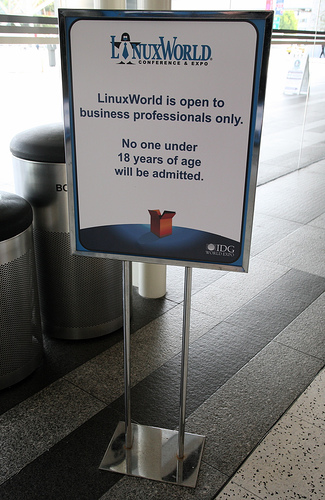BBC NEWS | Technology | Texting levels reach record high
Mobile phone users in the UK sent a record 3.3 billion text messages in May, figures show.
The Big Brother TV show, the FA Cup and Champions League finals all helped boost numbers, according to the Mobile Data Association (MDA).
Person-to-person texts sent across all mobile phone networks averaged 106 million per day last month.
This figure was up 26% on May 2005 and beat the previous UK record of 3.2 billion texts sent in March.
That figure could rise higher this month due to a surge in World Cup-related messages.
An MDA spokeswoman said: “Texting has become second nature to UK mobile phone users, with many bank holiday arrangements being made via text.”
More than 120 million text messages were sent on FA Cup final day, rising to 124 million texts on Champions League final day.
A predicted 36.5 billion texts will be sent by UK mobile phone users this year – up from 32 billion in 2005, according to the MDA.


